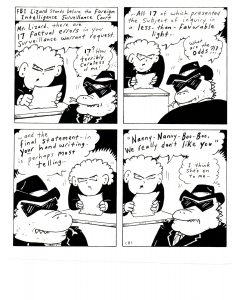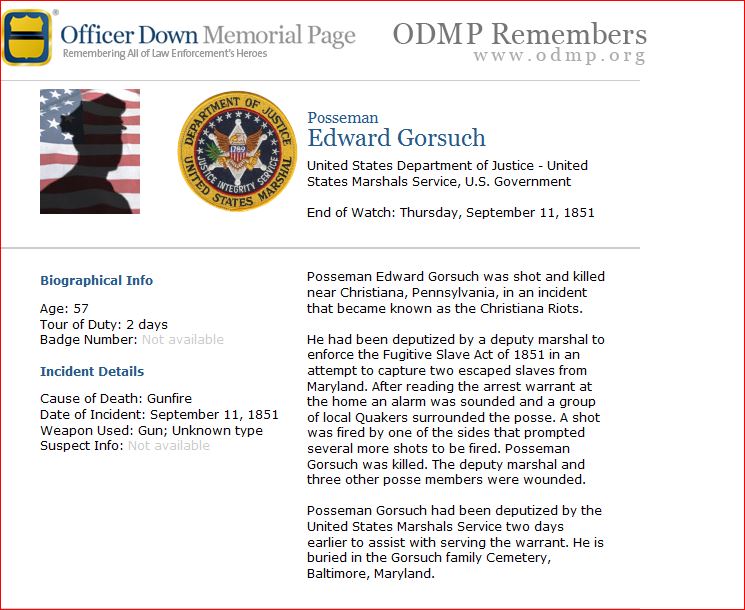
Blog
Crystal Munoz
Crystal Munoz is one of the people granted clemency by Trump yesterday.
Let’s see what it was she did that led to the federal prosecutors kidnapping her away from her life and her family for 19 years before Trump cut it short:
“Her nightmare began when DEA agents visited Munoz’s home. They assured the young mother of an infant daughter, who happened to be pregnant with her third child at the time, that she was not in any kind of trouble. The agents claimed they merely needed to speak with Crystal to get a few questions answered and details cleared up about an incident that had taken place 3 years earlier.” (taken from article in Ladybud link above)
In Crystal’s Word:
 I basically spoke to the DEA without a lawyer prior to the indictment and admitted to drawing a map nearly 3 years prior. They came to my home and asked if I would be willing to speak with them, and assured me that I was not in trouble. They asked me to help them, and I did. The map circumvented a check point where drugs were being trafficked, and I knew the backroads on the Native American reservation where I lived.
I basically spoke to the DEA without a lawyer prior to the indictment and admitted to drawing a map nearly 3 years prior. They came to my home and asked if I would be willing to speak with them, and assured me that I was not in trouble. They asked me to help them, and I did. The map circumvented a check point where drugs were being trafficked, and I knew the backroads on the Native American reservation where I lived.
There was never any drugs seized from me personally. The drug quantities were based on 2 separate loads of marijuana and multiplied by 2 due to the testimony of the people who were actually caught trafficking pot nearly 3 years prior. I was connected with these people because I knew them and why they were in prison. Each person received 5-7 year sentences.
They used “reasonably foreseeable” and “relevant conduct” to attribute the amounts. I also received additional points for leadership role (because I drew the map), and for my prior misdemeanors.
What Clemency Would Mean to Me:
I was pregnant when I was indicted and a had a 4 month old daughter at the time of my arrest, so I was in custody during the birth of our second daughter. I had a son who choked to death at school when he was 5 yrs old. I was very vulnerable as a pregnant woman with an infant. The pain of any mother being severed from her babies is nothing less than torture.
———————-
Uh-huh. Conspiracy to draw a map for some dudes who sold some pot.
You see, it’s the government who are by far the worst, most destructive and criminal force in our society. Pretty complicated, right?
There are thousands more just like this innocent woman doing hard time in penitentiaries across this land, state and federal. And only because the population of the country is willing to accept it.
Democrats For Sale For Low Low Prices
‘Go Ahead, It’s a Free Country’
Heh. When was the last time you heard anyone say that?
Of course, it’s not.
Ron and Dan: 18 Year Afghan War Coming To An End? Don’t Hold Your Breath!
Cops Killing Man
Aaron Mate Exposes Bloomberg’s Neocon Iraq Views
Aaron Mate explains how things are to the folks at Hill TV.
You Put Your Kid in a Government School?! Are You Insane?
I mean the cops only kidnapped this helpless 6 year old girl for a couple of days. The jail guards probably didn’t rape her. And we know they didn’t just shoot her in the head and yell, “Furtive!” “Waistband!” for their two-weeks paid vacation. So I guess this family should consider themselves very lucky.









